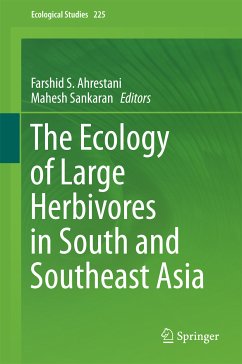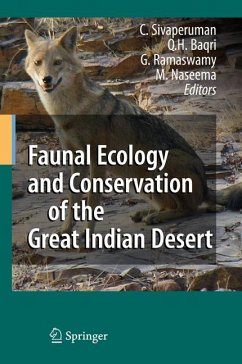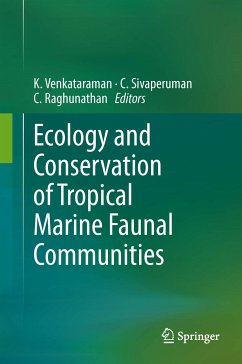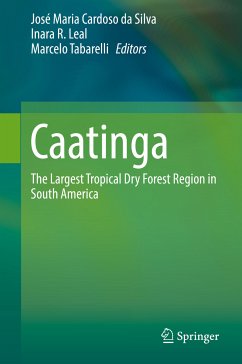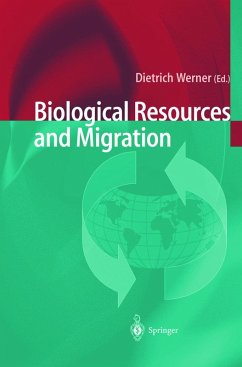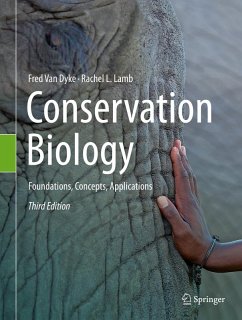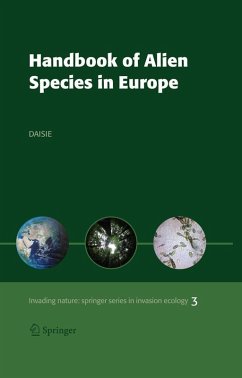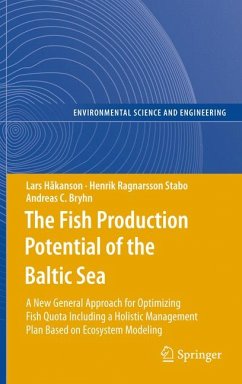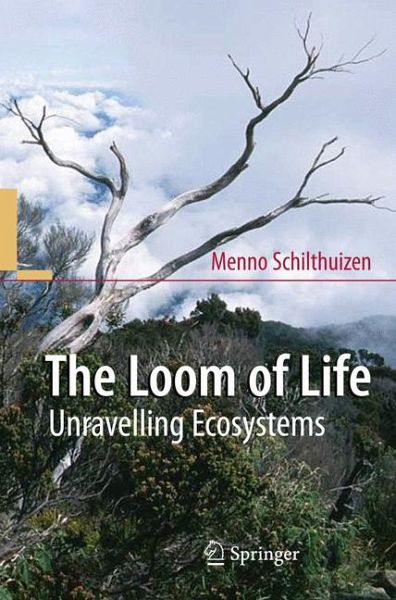
The Loom of Life (eBook, PDF)
Unravelling Ecosystems
Versandkostenfrei!
Sofort per Download lieferbar
120,95 €
inkl. MwSt.
Weitere Ausgaben:

PAYBACK Punkte
60 °P sammeln!
In an age of increasing environmental problems, ecology has had to grow up fast from a discipline dealing with relatively simple interactions between species to one that tries to explain changes in global patterns of diversity and richness. The issues are complex. Every species may seem to have its own unique role, but if that is true, then why are there hundreds of species of plankton in an ecosystem with only a handful of niches? The tropics have a high biodiversity, but does anybody know why? And how can a single introduced tree species wreak havoc in Hawaii's rainforests, when it is one of...
In an age of increasing environmental problems, ecology has had to grow up fast from a discipline dealing with relatively simple interactions between species to one that tries to explain changes in global patterns of diversity and richness. The issues are complex. Every species may seem to have its own unique role, but if that is true, then why are there hundreds of species of plankton in an ecosystem with only a handful of niches? The tropics have a high biodiversity, but does anybody know why? And how can a single introduced tree species wreak havoc in Hawaii's rainforests, when it is one of thousands of quietly coexisting tree species in its native continent, South America? The strength of this book is that it will help digest some of these more complex issues in the ecology of biodiversity. It will do this by zooming out from the local scale to the global scale in a number of steps, marrying community ecology with macroecology, and introducing unexpected nuggets of natural history along the way. The reader will notice that, the larger the scale, the more the familiar niche-concept appears to be overshadowed by exotic fields from fractal and complexity theory. However, scientists differ in opinion on the scale at which niches become irrelevant. These differences of opinion, but also the search for unified ecological theories, will form another force by which the story will be carried along to its conclusion. A conclusion which, surprisingly, seeks to find a glimpse of the globe's future in the traces from its past.
Dieser Download kann aus rechtlichen Gründen nur mit Rechnungsadresse in A, B, BG, CY, CZ, D, DK, EW, E, FIN, F, GR, HR, H, IRL, I, LT, L, LR, M, NL, PL, P, R, S, SLO, SK ausgeliefert werden.



